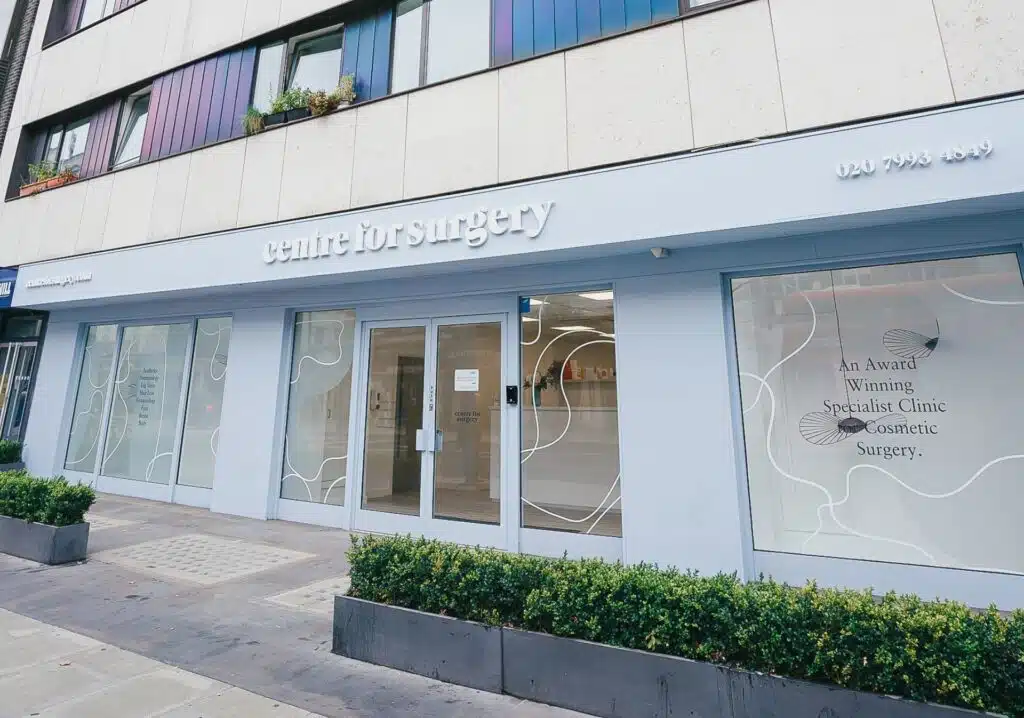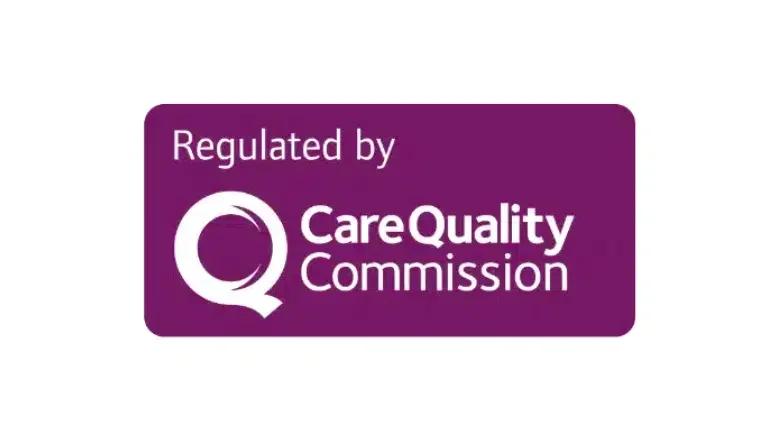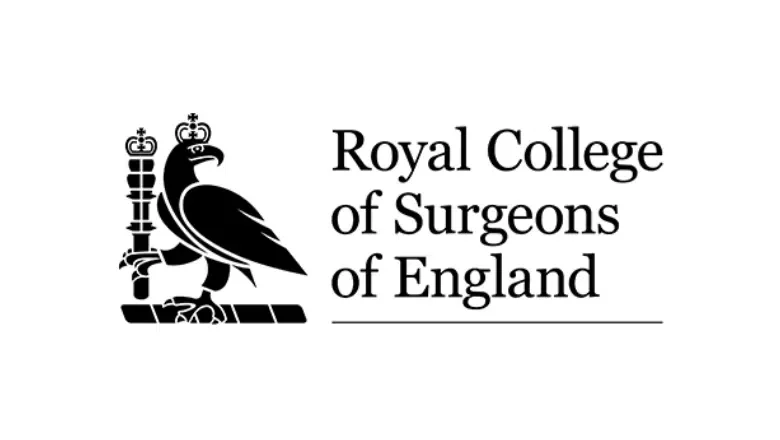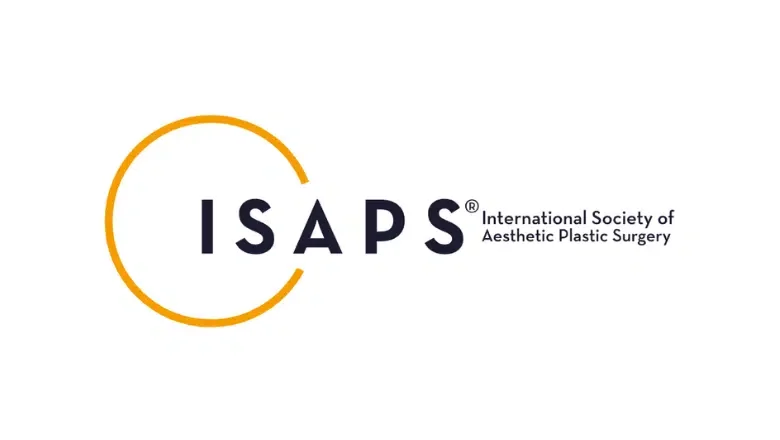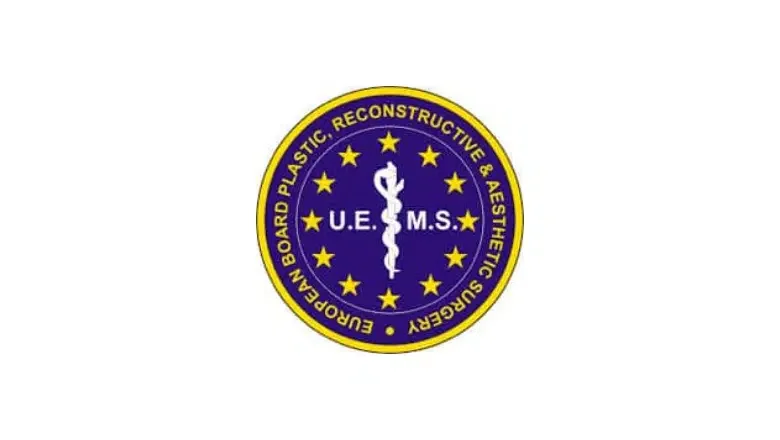A tummy tuck, or abdominoplasty, is a body contouring procedure designed to remove excess skin and fat affecting the abdomen. Many people have great difficulty in achieving a flat stomach. Although diet and exercise are excellent for getting rid of excess fat, they cannot remove excess skin. Only a tummy tuck can get rid of both excess skin and fat. A tummy tuck is an invasive surgical procedure, and recovery can take up to 6 weeks before people can return to their everyday activities. Bruising and swelling after a tummy tuck are very common side effects experienced during recovery.
RELATED: What to expect after a tummy tuck?
People may choose to have a tummy tuck after pregnancy and childbirth or after significant weight loss. As with any surgical procedure, a tummy tuck involves certain risks and complications. By following your surgeon’s preoperative and post-operative instructions, you can help to minimise swelling and bruising after abdominoplasty. If you have any questions or concerns during the recovery period after a tummy tuck, reach out to our clinical team.
RELATED: Recovery after Tummy Tuck – Top Tips after Abdominoplasty
Centre for Surgery is the leading plastic surgery clinic in the UK and is house to some of the best tummy tuck surgeons in London. We are dedicated to providing the highest standards of patient care before, during and after your procedure.
How to reduce bruising and swelling after tummy tuck surgery
Swelling and bruising after a tummy tuck take several weeks to disappear. Here are some top tips you can follow to minimise bruising and swelling after a tummy tuck.
Get plenty of rest
A tummy tuck is a major surgical procedure, and getting as much rest as possible is important to allow your body to heal and recover properly. You should avoid vigorous exercise during the first six weeks after surgery, including lifting heavy weights. We recommend taking two weeks off work and trying to get as much sleep as possible during the night. Getting plenty of rest will allow your body to develop a strong immune response, which helps in the healing process.
Eat a healthy and nutritious diet
It would be best if you ate a healthy diet after a tummy tuck, and some of the best foods to eat include fresh fruit and vegetables, nuts, seeds, avocados and lean protein sources such as fish and chicken. Whole-grain foods are also beneficial to minimise constipation after a tummy tuck. Avoid eating highly processed foods and foods with excessive sugar content. If you develop constipation after a tummy tuck, make sure to increase your fibre intake.
Avoid excessive salt intake
Overeating salt can increase fluid retention and aggravate post-operative swelling. The healing process may be delayed, and you may experience significant pain after a tummy tuck. Focus on eating meals prepared at home and avoid processed foods and takeaways. This will help reduce the normal water attention after surgery and quicken your recovery.
Keep well hydrated
Drinking plenty of water is crucial during recovery after a tummy tuck as it helps to flush excess toxins from the body and reduce fluid retention. It would be best if you tried to drink at least eight glasses of water each day and avoid excessive cups of coffee, as caffeinated beverages can lead to dehydration.
Avoid strenuous exercise
You should avoid any type of vigorous exercise during the first six weeks after surgery. Light walking is actively encouraged during the first two weeks after surgery to promote healthy blood circulation to your legs and minimise the risk of deep vein thrombosis. A stationary bike is a good form of exercise after approximately four weeks, although you should avoid lifting any heavy weights until at least eight weeks after surgery. Certain types of Yoga and Pilates exercises can be gradually restarted, although you should check with your surgeon first.
Wear your compression garment
You will need to wear an abdominal binder applied to your abdomen for a minimum of six weeks after surgery. The compression binder helps to minimise fluid buildup in the abdomen and reduce the risk of seroma formation. The compression garment should be worn day and night continuously, and you should only take it off for up to 20 minutes at a time for showering.
Take your antibiotics and painkillers as directed
You will be prescribed painkillers and antibiotics after surgery, and it is important to take these regularly to minimise pain and discomfort during the early recovery period. Avoid taking any medicines containing aspirin, as these are known to thin the blood and exacerbate postoperative bruising and swelling. If you have any questions about medications, please reach out to us for further advice.
Look after your tummy tuck drainage tubes
Your surgeon may insert two postoperative drainage tubes during your surgery to minimise fluid buildup beneath the skin. You will be given detailed instructions on how to look after your tummy tuck drains at home. Tummy tuck drains are most commonly removed approximately 3 to 4 days after surgery by our nursing team.
Attend all of your postoperative appointments
A tummy tuck is an invasive surgical procedure, and risks and complications can be minimised by attending all your postoperative follow-up appointments. This allows the clinical team to monitor your healing and overall progress closely. Any potential complications can be picked up early and treated more efficiently with regular follow-up appointments. Face-to-face clinical reviews are an ideal opportunity to provide customised advice to help reduce bruising and swelling after abdominoplasty surgery.
What to avoid after abdominoplasty surgery to minimise bruising and swelling
In addition to following your surgeon’s instructions on important measures to follow after surgery, there are also certain things you should avoid after a tummy tuck to reduce bruising and swelling.
Do not smoke or vape
Smoking is associated with several postoperative complications and should be stopped at least four weeks before and after a tummy tuck. Smoking can cause delayed wound healing and may increase the risk of wound infection.
Do not carry out strenuous exercise
Light walking around the home is actively encouraged. However, it would help if you avoided excessive heavy exercise in the first few weeks after surgery, as this may increase the risk of wound complications and possible wound breakdown.
Do not take medicines containing aspirin or other blood thinners
Aspirin and medicines containing aspirin are known to thin the blood and can increase the risk of bleeding and bruising after surgery. Make sure to check with your surgeon before taking any over-the-counter non-prescribed medication
Do not sleep on your side or front
You should not sleep on your side or tummy for at least eight weeks after surgery to prevent excessive strain placed on your incisions. It would be best if you slept on your back with your knees slightly bent and your upper body elevated.
Do not consume junk food
You should avoid highly processed foods such as burgers and chips as these contain a very high salt level. Excessive salt consumption can exacerbate water retention and delay the resolution of postoperative swelling.
Do not miss your postoperative follow-up appointments
You should make sure to attend all of your post-operative review appointments. This allows our clinical team to closely monitor your healing and provide customised recommendations to get the best possible recovery as appropriate.
Bruising and swelling after tummy tuck FAQs
Here we answer your most commonly asked questions about bruising and swelling after tummy tuck surgery:
How long does swelling last after a tummy tuck?
Swelling after tummy tuck surgery is very common and takes up to 3 months to fully disappear. Most tummy tuck swelling begins to disappear by six weeks after surgery.
How can I reduce swelling after tummy tuck surgery?
To minimise swelling, you should use a cold pack for the first 72 hours after surgery. Make sure to wear your compression garment continuously for six weeks after surgery. Avoid vigorous exercise and smoking. Eat a healthy diet with low sodium intake and get plenty of rest. You must follow all of your surgeon’s post-operative instructions to minimise tummy tuck swelling.
How can I minimise bruising on the stomach area?
Bruising cannot be eliminated completely, although there are several steps you can take to minimise its appearance. Make sure to wear your compression garment continuously, avoid blood thinners, use cold packs, take your medicine as directed and consider using arnica tablets to minimise tummy tuck bruising.
Can I take ibuprofen to reduce tummy tuck swelling?
You should avoid non-steroidal anti-inflammatory drugs, including Ibuprofen, as this may increase the risk of bleeding after surgery.
When can I sleep on my side after tummy tuck surgery?
You should sleep on your back for at least six weeks after surgery. After this time, you may be allowed to sleep on your side once the incisions have fully healed.
Is bruising and swelling normal after abdominoplasty?
Bruising and swelling are normal side effects after tummy tuck surgery and are the body’s natural response to surgical injury. Following your surgeon’s postoperative instructions, bruising and swelling will disappear quickly.
What can I put on my scars after tummy tuck surgery?
Topical vitamin E, silicone gel or silicone sheets are excellent products to apply to your tummy tuck scars to improve their appearance. They should only be used once your incisions have fully healed after approximately 3 to 4 weeks after surgery. If you plan to go out in the sun, make sure to cover your incisions and apply sunscreen to minimise the risk of hyperpigmentation.
How can I prevent scarring after a tummy tuck?
Tummy tuck scars cannot be prevented completely, although there are several measures you can take to minimise abdominoplasty scarring. Apply plenty of sunscreen if you are outside in sunny weather. Topical vitamin E and silicone gel or sheets can be applied to the incisions once fully healed. Raised scars can be flattened with laser resurfacing or Morpheus8 treatment.
RELATED: What kind of tummy tuck scars should I expect?
When can I drink coffee after tummy tuck surgery?
You can drink coffee anytime after a tummy tuck, although you should limit intake to no more than one or 2 cups in a day as caffeinated drinks can cause dehydration. Focus on drinking plenty of water to be well hydrated and promote a quick tummy tuck recovery.
RELATED: How much does a tummy tuck cost?

